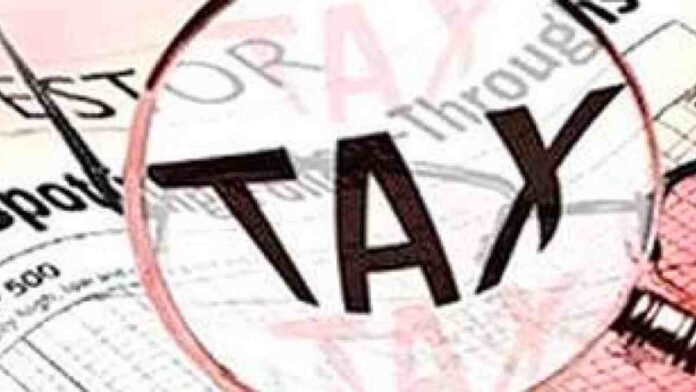Experts say that receiving a refund does not guarantee that you won’t be subject to a reassessment under the income tax act since the tax agency has frequently revisited specific cases.
It’s interesting to note that even people who are paid a salary cannot avoid the appraisal process. According to Finance Minister Nirmala Sitharaman, the tax authorities have reopened 1 lakh cases pertaining to the fourth and sixth year.
A senior government official said 1 lakh cases included paid people, corporate, and non-corporate cases. Section 148 of the Income Tax Act allows the tax department to review a taxpayer’s untaxed income. He would not disclose how many were for businesses and how many for individuals.
AdvantEdge Consulting founder Chetan Daga claims that even after a return is filed and a refund is received, the IRS may continue investigate. If you haven’t reported your income, your case may be reassessed. Many salaried taxpayers think a refund means their taxes have been scrutinized and are accurate.
“Surveys, searches, information provided by financial institutions, and even foreign tax authorities, might provide the tax authorities with a tip-off. There is a process needed to reopen the books since the evaluation in these circumstances is dependent on some information from a third party. Senior authorities must provide their consent to the tax officer, according to Daga. “Salaried people who have sold properties, claimed excess exemption/deduction over and above Form 16, didn’t report transactions in shares and securities, can be picked up for reassessment under section 148,” Daga added.
Another chartered accountant who asked to remain anonymous stated, “Matters can be opened up to 11 financial years after four years if income of Rs. 50 lakh or more is likely to have escaped tax.”
Conclusion:-
According to experts, receiving a refund does not guarantee a reassessment under income tax act, as the tax agency frequently revisits specific cases. Even salaried taxpayers cannot avoid the appraisal process. Finance Minister Nirmala Sitharaman said tax officials have reopened 1 lakh fourth- and sixth-year cases, comprising paid people, business, and non-corporate cases. Under Section 148 of the Income Tax Act, the tax department may review a taxpayer’s untaxed income. Chetan Daga, founder of AdvantEdge Consulting, believes that even when a return has been submitted and a refund has been given, the taxman is still likely to be investigating your finances.
Many salaried taxpayers believe that when a refund is received, it signifies that their returns have been reviewed and are accurate. Surveys, searches, and information provided by financial institutions and foreign tax authorities might provide the tax authorities with a tip-off. A process is needed to reopen the books, as the evaluation in these circumstances depends on third-party information. Senior authorities must provide their consent to the tax officer. Salaried people who have sold properties, claimed excess exemption/deduction over and above Form 16, and didn’t report transactions in shares and securities can be picked up for reassessment under section 148.



